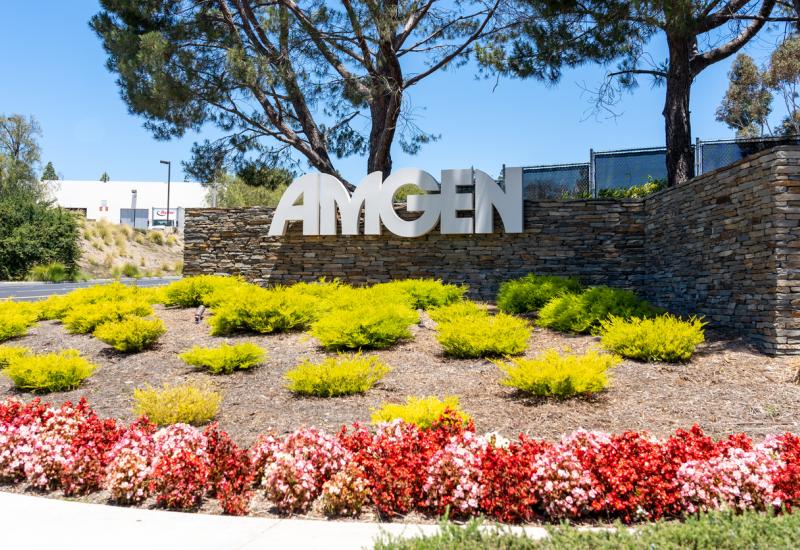
Compass makes hay in bispecifics
Progress with three bispecific molecules is rewarded with a $120m equity raise.
Progress with three bispecific molecules is rewarded with a $120m equity raise.

Raising cash from investors in the current biotech climate is tricky, so for Compass Therapeutics to have tapped shareholders for $120m seems noteworthy. This is especially impressive given the company's market cap of $440m, and the fact that this raise was upsized on Tuesday. So what's the excitement about?
The answer seems to be bispecifics, which remain a hot industry theme, and to which Compass has made a firm commitment through three molecules. The first of these, the anti-DLL4 x VEGF-A antibody tovecimig, has already claimed a pivotal trial win, and Compass has just floated the promise for first clinical data for a new anti-PD-1 x VEGF-A molecule, CTX-10726, in 2026.
It hardly needs stating that biopharma has staked huge sums on PD-(L)1 x VEGF bispecifics, with Merck & Co, Pfizer and Bristol Myers Squibb recently striking significant deals. Compass only revealed the existence of CTX-10726 in January, and has just reiterated its intention to file an IND for it in the fourth quarter.
Variations on a theme
Compass earlier intrigued with a molecule coded CTX-8371, which hits PD-1 and PD-L1, and which started phase 1 in 2023. The idea behind this is to release the brake on the immune system as well as directly promoting T-cell activation, and Compass this week revealed the first case reports from its phase 1 trial.
Among five NSCLC patients there has been one complete resolution of a target lesion, while one of three triple-negative breast cancer subjects saw a 90% lesion reduction, Compass said on Monday. This trial is now into its fifth dose (10mg/kg), with no dose-limiting toxicities, but no formal response rates according to Recist criteria were presented.
A salient fact is that the three Compass bispecifics are variations on a theme; CTX-10726 uses the same PD-1 binder as CTX-8371, and the same anti-VEGF-A region as tovecimig. The group claims that CTX-10726 is derisked thanks to sharing such common features with separate molecules that have already shown promise.
In tovecimig's case this promise amounts to a 17% ORR among 111 biliary tract cancer patients given a paclitaxel combo in the phase 2/3 Companion-002 trial, versus 5% for paclitaxel, a result claimed to have yielded a statistically significant 0.031 p value. However, the fact 25% of patients in an earlier phase 2 trial discontinued owing to adverse events took some shine off these data, revealed in April.
Fewer deaths
Now investors have a new fact to digest, namely that Companion-002's overall survival and PFS readouts, key secondary endpoints, have been delayed further, from this year to the first quarter of 2026.
Compass said the trigger for OS and PFS analyses was the death of 80% of Compass-002's 168-strong population, but revealed that fewer deaths have been seen so far than it had initially projected. "We believe this may suggest that tovecimig could be affecting overall survival in the patient population," it stated on Monday.
Investors must, of course, also consider a less bullish take, namely that all Compass-002 patients – not just those on tovecimig – are living longer than expected owing to certain baseline characteristics. Assuming positive survival data, a filing will come in the second half of 2026.
Meanwhile, based on preclinical data Compass said CTX-10726's anti-PD-1 activity was "comparable to Keytruda" and "superior compared to [Summit/Akeso's] ivonescimab". Investors have evidently been sufficiently convinced to give Compass $120m to find out whether such bullish claims hold up clinically.
2343













